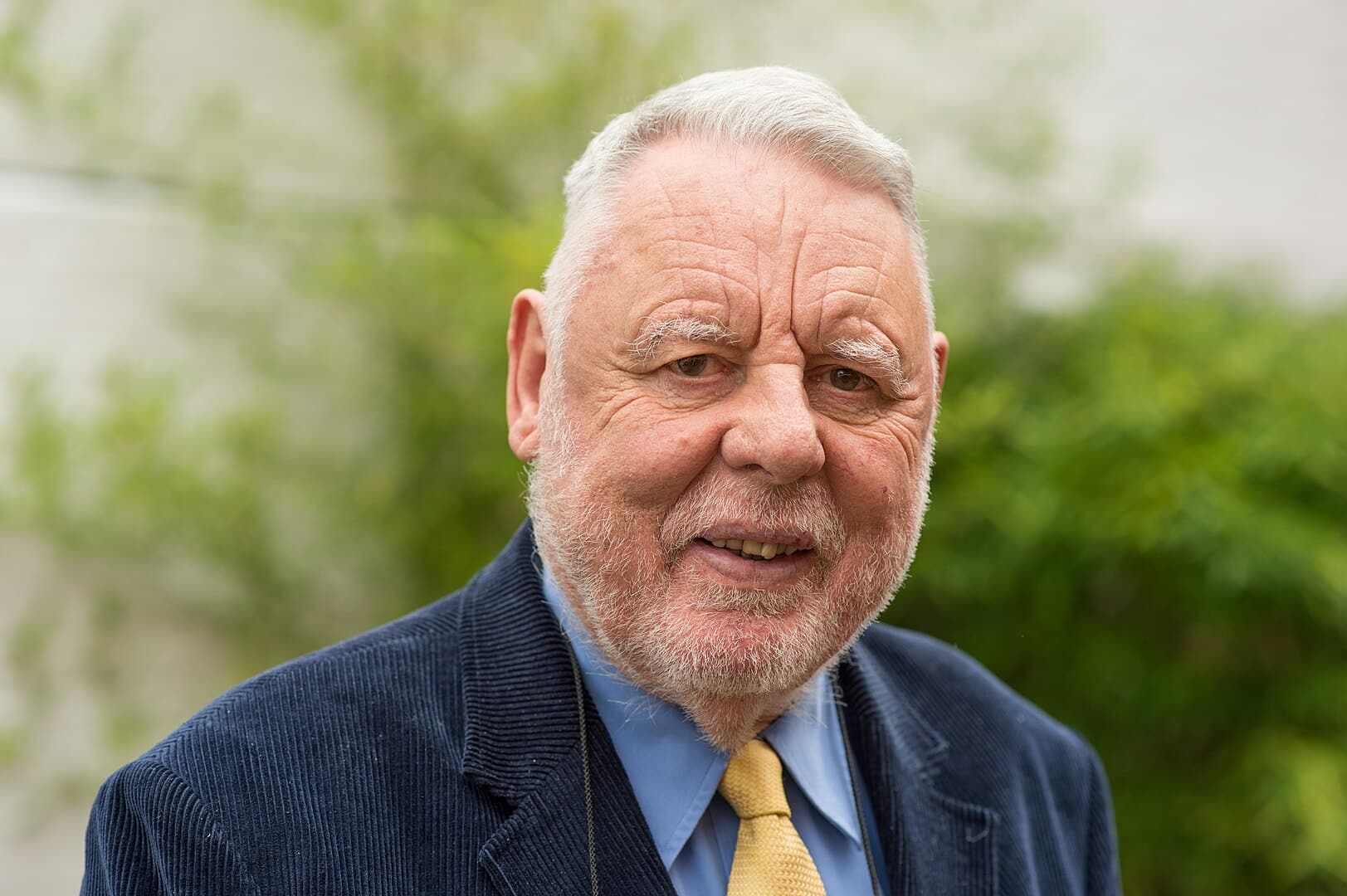 BBC News
BBC NewsBorrowing was £17.4bn last month, the second highest October figure since monthly records began in 1993.

Sir Terry Waite
I have been observing the government’s education priorities, which currently place particular importance on maths. It is important that we focus on this subject, of course, but we shouldn’t do so at the expense of others: most importantly we are almost at the point where we begin to find that history doesn’t matter – and yet, of course, it matters very much.
That’s because you have to know where you have come from, and what has happened in the past. For instance, I have just been reading about and understanding the Churchill family. If you do that you discover that John Churchill, the first Duke of Marlborough, was an extraordinary general – perhaps the most famous in Europe, in the pre-Napoleon era. He was instrumental in winning the Nine Years’ War against King Louis XIV. If you read about Marlborough’s command of his troops, you see an almost exact parallel with his ancestor Sir Winston Churchill who would play such a prominent role as Prime Minister during the Second World War. History is full of such lessons, and we can learn from these links and correspondences.
Our problem appears to be that we don’t take the trouble to learn from history – and especially the past mistakes that have been made. In a society which seems not to place sufficient value on history, we tend to carry on regardless, creating havoc, misery and mayhem in so many parts of the world. Unfortunately, we have arrived at this rather stupid idea that aggression and warfare is going to resolve our problems. It doesn’t resolve our problems; it increases them. When you consider the suffering and disaster that is continually being meted out to millions of people, you realise we need more politicians and people in positions of leadership who have this understanding.
This is not to say that this kind of historical awareness alone will solve matters. It is extremely complicated to know how to deal with international conflict and to know what structures both domestically and internationally might be required. It goes without saying that if we don’t give some thought to that, then we are heading straight into the abyss. By that light, history isn’t just a mere curiosity – it calls to us with urgent importance.
Russia-Ukraine remains a very difficult situation. I think we should be making active attempts to seek a negotiated agreement but it is extremely difficult when you have a person such as Vladimir Putin in charge. The fact is, he has committed himself and if he fails, he may well recognise that he will follow the destiny of previous leaders who overreached. Russia has a history of getting rid of its leaders: if you are a leader in Russia it’s unwise for you to go to the top floor of any apartment and keep well away from the windows.
In a sense it’s not only that Putin is fighting this war, he is also fighting for his life. When someone fights for their life they become desperate and this fact alone will make a negotiated settlement extremely difficult. But this doesn’t mean this goal should not be worked towards. We need the best brains to help resolve this particular issue – not just for humanitarian reasons, but also because of the scale of what might go wrong if we don’t. Of course, for a long time now, there has been the threat of nuclear warfare over our heads and though it would be extremely stupid for that to happen, if we have to admit the possibility then that increases the urgency of the need to find a resolution.
We have a lot facing us in the future. If I might conduct some basic mathematics, since I’m 84, I am old enough now to say I’ve only got a few years left. Much of this will be for future generations to know – and I hope that they will have both maths and history at their disposal in order to meet these many challenges.